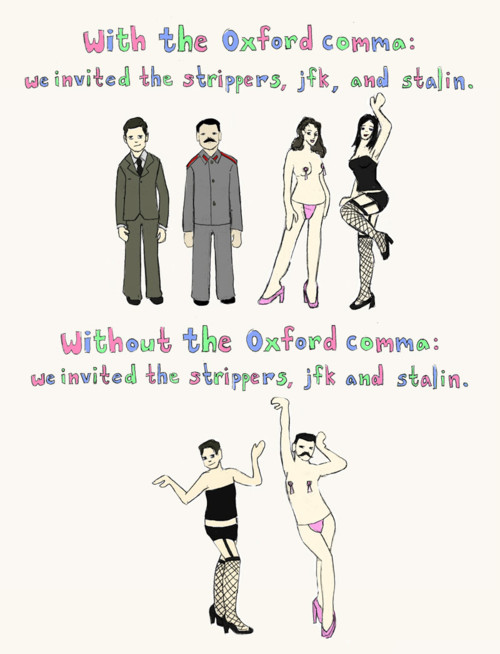First of all, I don’t think that the condescending “quality” press look too kindly on Jackie Collins and Jeffrey Archer. So I disagree with the premise of the last sentence of this question and I’m not going to address it. Instead I’m going to answer what I think MosesJones is really getting at, which is why SF and other genre and popular writers don’t seem to get a lot of respect from the literary world.
To set it up, a brief anecdote: a while back, I went to a writers’ conference. I was making chitchat with another writer, a critically acclaimed literary novelist who taught at a university. She had never heard of me. After we’d exchanged a bit of of small talk, she asked me “And where do you teach?” just as naturally as one Slashdotter would ask another “And which distro do you use?”
I was taken aback. “I don’t teach anywhere,” I said.
Her turn to be taken aback. “Then what do you do?”
“I’m … a writer,” I said. Which admittedly was a stupid thing to say, since she already knew that.
“Yes, but what do you do?”
I couldn’t think of how to answer the question — I’d already answered it!
“You can’t make a living out of being a writer, so how do you make money?” she tried.
“From … being a writer,” I stammered.
At this point she finally got it, and her whole affect changed. She wasn’t snobbish about it. But it was obvious that, in her mind, the sort of writer who actually made a living from it was an entirely different creature from the sort she generally associated with.
And once I got over the excruciating awkwardness of this conversation, I began to think she was right in thinking so. One way to classify artists is by to whom they are accountable.
The great artists of the Italian Renaissance were accountable to wealthy entities who became their patrons or gave them commissions. In many cases there was no other way to arrange it. There is only one Sistine Chapel. Not just anyone could walk in and start daubing paint on the ceiling. Someone had to be the gatekeeper — to hire an artist and give him a set of more or less restrictive limits within which he was allowed to be creative. So the artist was, in the end, accountable to the Church. The Church’s goal was to build a magnificent structure that would stand there forever and provide inspiration to the Christians who walked into it, and they had to make sure that Michelangelo would carry out his work accordingly.
Similar arrangements were made by writers. After Dante was banished from Florence he found a patron in the Prince of Verona, for example. And if you look at many old books of the Baroque period you find the opening pages filled with florid expressions of gratitude from the authors to their patrons. It’s the same as in a modern book when it says “this work was supported by a grant from the XYZ Foundation.”
[…]
Accountability in the writing profession has been bifurcated for many centuries. I already mentioned that Dante and other writers were supported by patrons at least as far back as the Renaissance. But I doubt that Beowulf was written on commission. Probably there was a collection of legends and tales that had been passed along in an oral tradition — which is just a fancy way of saying that lots of people liked those stories and wanted to hear them told. And at some point perhaps there was an especially well-liked storyteller who pulled a few such tales together and fashioned them into the what we now know as Beowulf. Maybe there was a king or other wealthy patron who then caused the tale to be written down by a scribe. But I doubt it was created at the behest of a king. It was created at the behest of lots and lots of intoxicated Frisians sitting around the fire wanting to hear a yarn. And there was no grand purpose behind its creation, as there was with the painting of the Sistine Chapel.
The novel is a very new form of art. It was unthinkable until the invention of printing and impractical until a significant fraction of the population became literate. But when the conditions were right, it suddenly became huge. The great serialized novelists of the 19th Century were like rock stars or movie stars. The printing press and the apparatus of publishing had given these creators a means to bypass traditional arbiters and gatekeepers of culture and connect directly to a mass audience. And the economics worked out such that they didn’t need to land a commission or find a patron in order to put bread on the table. The creators of those novels were therefore able to have a connection with a mass audience and a livelihood fundamentally different from other types of artists.
Nowadays, rock stars and movie stars are making all the money. But the publishing industry still works for some lucky novelists who find a way to establish a connection with a readership sufficiently large to put bread on their tables. It’s conventional to refer to these as “commercial” novelists, but I hate that term, so I’m going to call them Beowulf writers.
But this is not true for a great many other writers who are every bit as talented and worthy of finding readers. And so, in addition, we have got an alternate system that makes it possible for those writers to pursue their careers and make their voices heard. Just as Renaissance princes supported writers like Dante because they felt it was the right thing to do, there are many affluent persons in modern society who, by making donations to cultural institutions like universities, support all sorts of artists, including writers. Usually they are called “literary” as opposed to “commercial” but I hate that term too, so I’m going to call them Dante writers. And this is what I mean when I speak of a bifurcated system.
Like all tricks for dividing people into two groups, this is simplistic, and needs to be taken with a grain of salt. But there is a cultural difference between these two types of writers, rooted in to whom they are accountable, and it explains what MosesJones is complaining about. Beowulf writers and Dante writers appear to have the same job, but in fact there is a quite radical difference between them — hence the odd conversation that I had with my fellow author at the writer’s conference. Because she’d never heard of me, she made the quite reasonable assumption that I was a Dante writer — one so new or obscure that she’d never seen me mentioned in a journal of literary criticism, and never bumped into me at a conference. Therefore, I couldn’t be making any money at it. Therefore, I was most likely teaching somewhere. All perfectly logical. In order to set her straight, I had to let her know that the reason she’d never heard of me was because I was famous.
H/T to Lois McMaster Bujold for the link.






